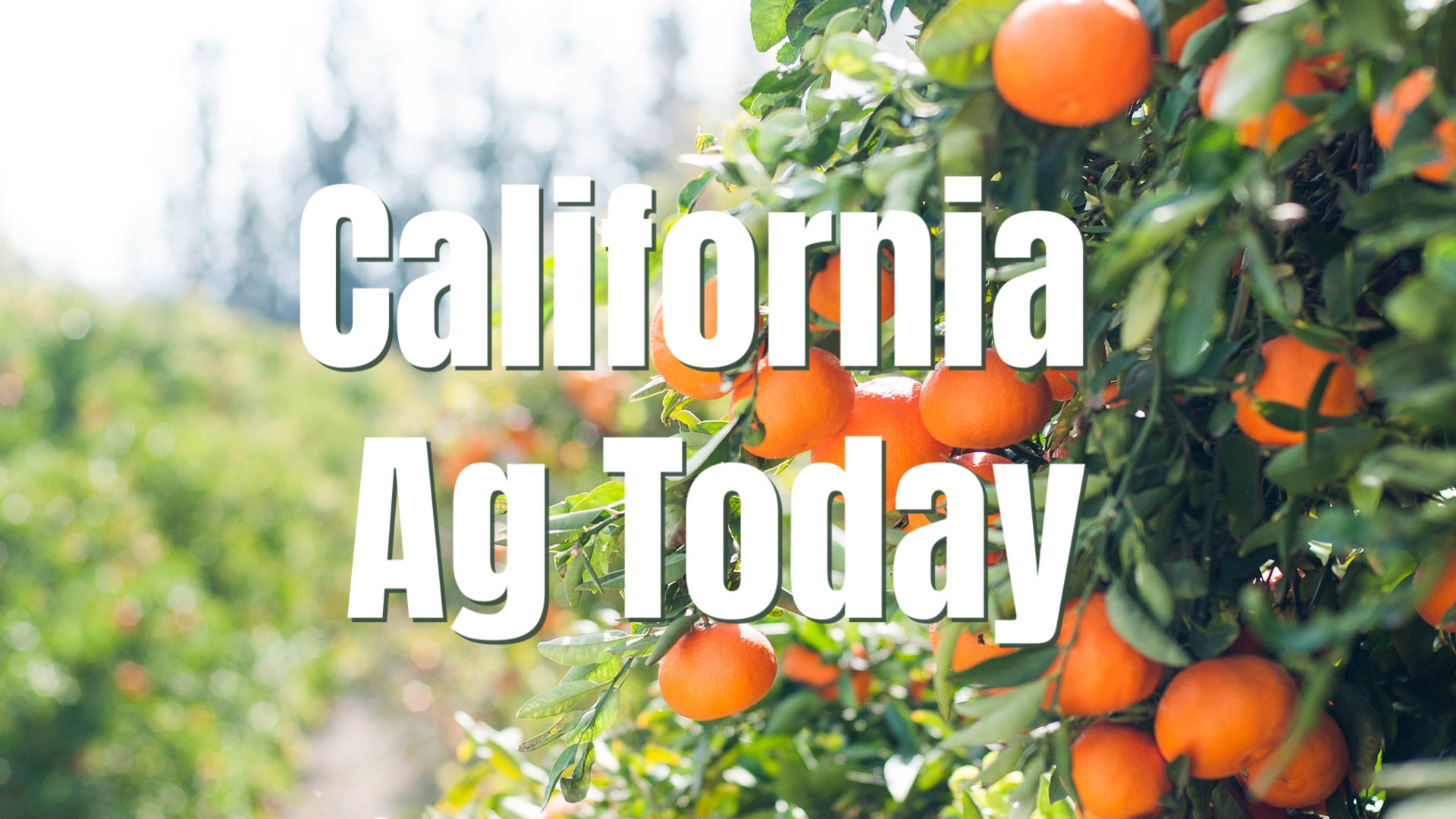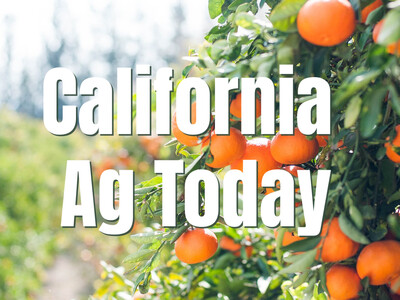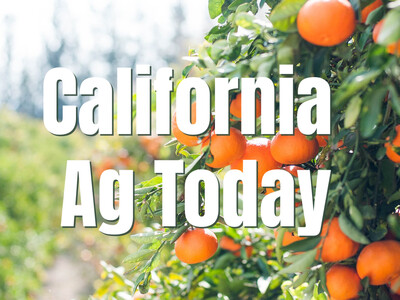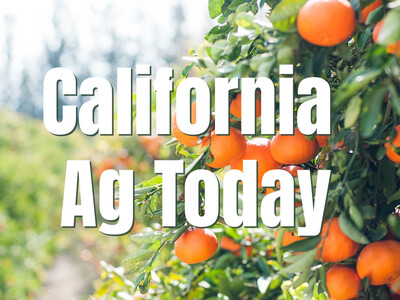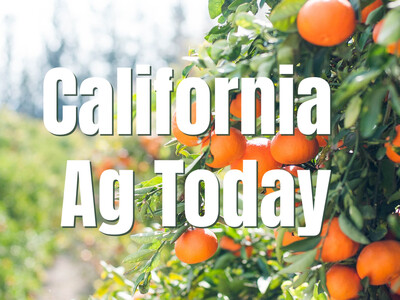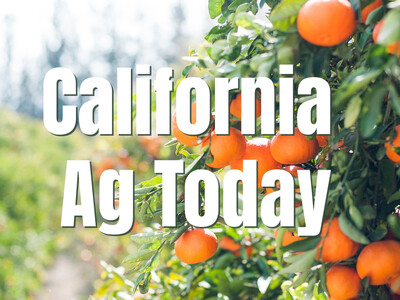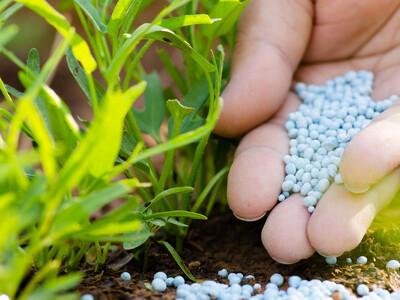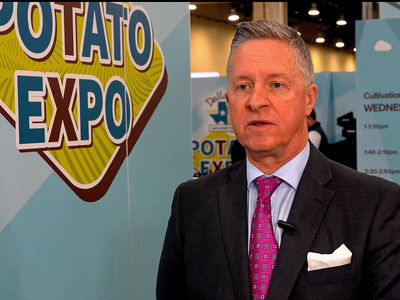Food Waste to Fertilizer

Tim Hammerich
News Reporter
For all of the effort that goes into producing our nation’s food, still as much as 50% of all food ends up getting thrown away. Most of this waste isn’t recycled, but instead, takes up more than 20% of America’s landfill volume.
Researchers at the University of California, Riverside have discovered that certain types of fermented food waste can be used as an effective fertilizer. Microbiologist Deborah Pagliaccia says the benefits go beyond just that of compost.
Pagliaccia… “So it is a very specific fermentation process called Bokashi fermentation. They innoculate bacteria into food waste or a beer mash that have been homogenized, and then it's fermented under anaerobic conditions. So that's the big difference. Composting is done usually in aerobic, so with oxygen. While anaerobic conditions, which is this Bokashi - it's anaerobic. So the greenhouse gas emission and the carbon footprint, it's reduced a lot compared to aerobic fermentation.”
Pagliaccia’s results were recently described in a paper published in the journal Frontiers in Sustainable Food Systems. It suggests using food waste byproducts in agriculture is beneficial and could complement the use of synthetic chemical additives by farmers.


